-
Do “Diets” Really Work? What Does The Research Say?

Dieting is a multibillion-dollar global industry. In a 2015 study, it was estimated that weight loss programs, products, and other therapies generated more than $150 billion in profits in the United States and Europe combined. The global weight loss market is predicted to reach $246 billion by 2022. PMID: 25614198 One study found that the…
-
Muscle Gain In A Deficit
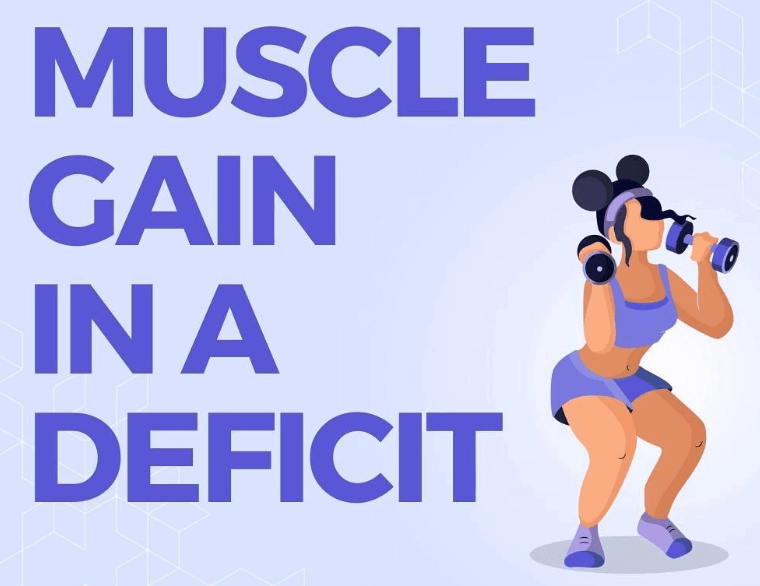
People often want to lose fat and build muscle. Unfortunately, these goals generally lead to contradictory recommendations for caloric intake. Short-term energy deficits impair anabolic hormones and muscle protein synthesis (muscle building) However, the effects of prolonged energy deficits on resistance training outcomes remain unexplored. AIM OF THE STUDY A 2022 meta-analysis (an analysis that…
-
Simple Habits To Improve Your Life: Tried And Tested
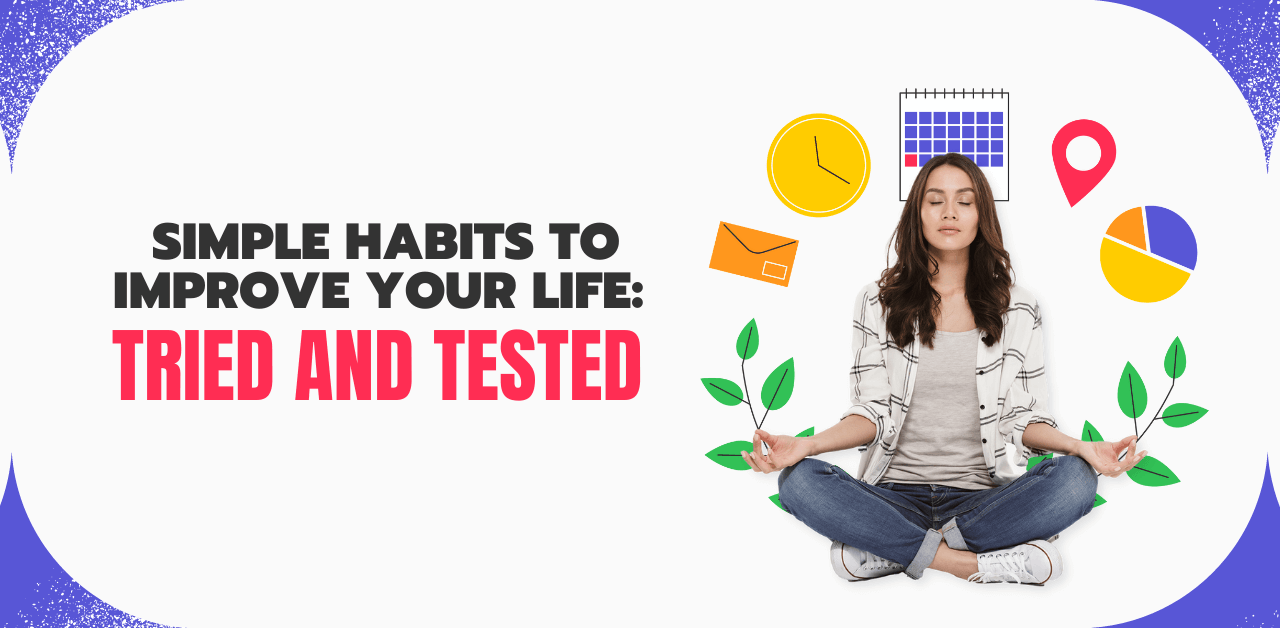
GRATITUDE 🙏 In positive psychology research, gratitude is strongly and consistently associated with greater happiness. Gratitude helps people feel more positive emotions, relish good experiences, improve their health, deal with adversity, and build strong relationships. People feel and express gratitude in multiple ways. Those who express gratitude increase well-being, focus more on what’s working and…
-
A Study On Micronutrient Deficiencies
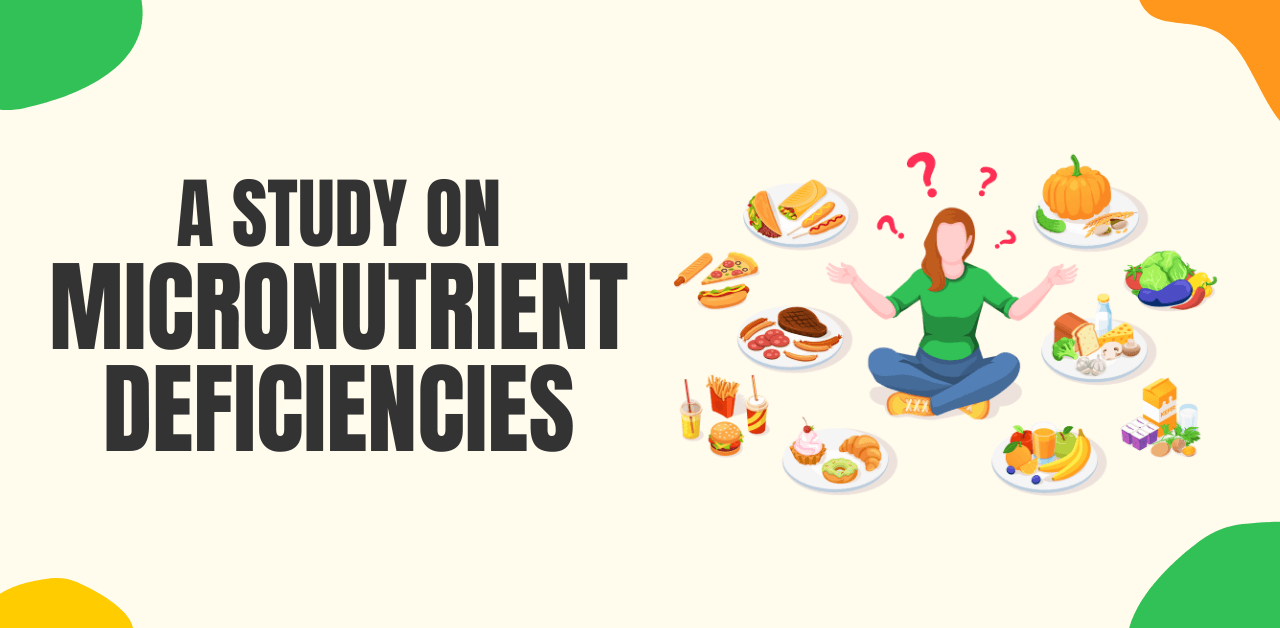
It’s common to find women who are deficient in specific micronutrients (vitamins and minerals). Some micronutrients are critical for some aspects of health such as performance, fat loss or bone health. A number of common nutrient deficiencies are frequently seen in this population including inadequate intakes of B12, iron, zinc, calcium, Vitamin D and magnesium.…
-
We Become Like The People We Spend The Most Time With

Research proved that we become like the people we spend the most time with. The first major study on the depth of social influence was conducted and examined from the Framingham Heart Study, one of the largest and longest-running health studies ever (20-30 years). Participants were probed with all sorts of demographic questions, including questions…
-
Why Do We Retain Water: What The Research Shows
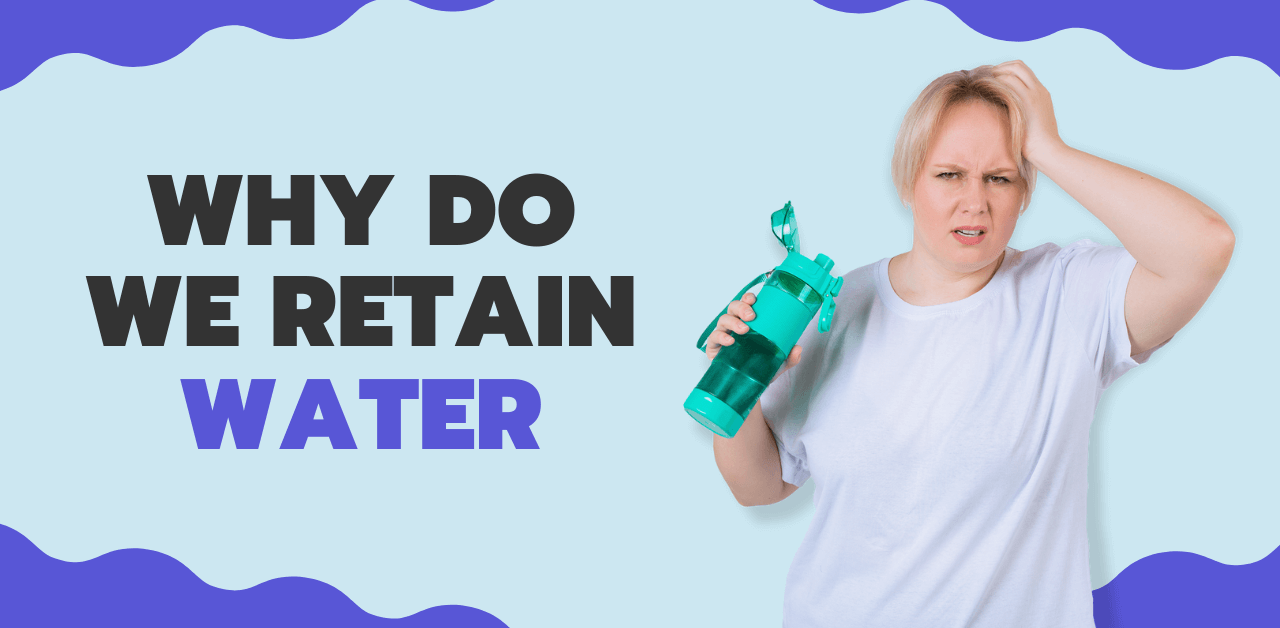
YOU’RE NOT HYDRATING ENOUGH Drinking water is key to maintaining fluid balance. During times of dehydration, our body adapts by releasing an antidiuretic hormone. This makes your body intentionally retain whatever fluid you do have to maintain homeostasis or have a state of proper fluid balance. Water enters and leaves the body at a regular…
-
Let’s Talk About Hunger And Cravings

Feeling hungry can mean at least two different things. HOMEOSTATIC When you haven’t eaten in several hours, your stomach is starting to grumble, and you’re feeling those usual bodily sensations associated with hunger; it stems from your body’s need for calories. Homeostatic hunger is driven by a complex series of signals throughout the body and…
-
Why You’re Still Not Losing Weight
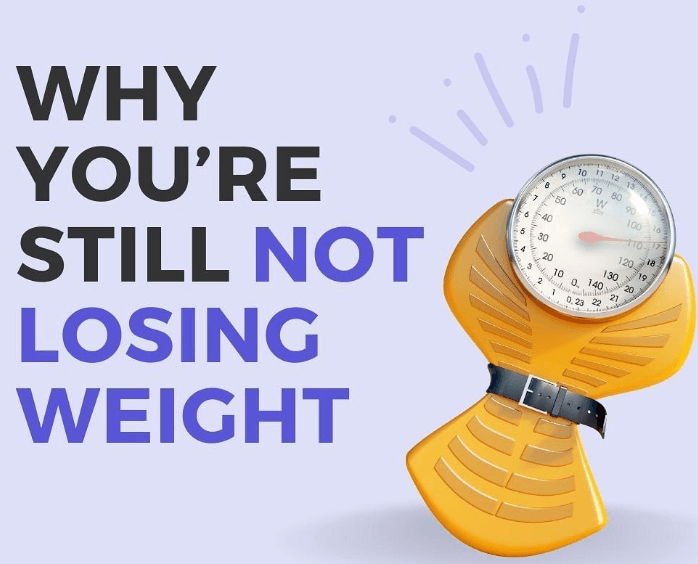
Here’s the repeated problem of trying to lose weight: 1. You wait to start on a Monday. 2. And when you do, you try and make a BIG lifestyle change. 3. You start a completely new diet, usually quite STRICT. 4. You start a workout plan and try and jump into 4-5 workouts per week.…
-
3 Reasons Why We Are Confused About What To Eat
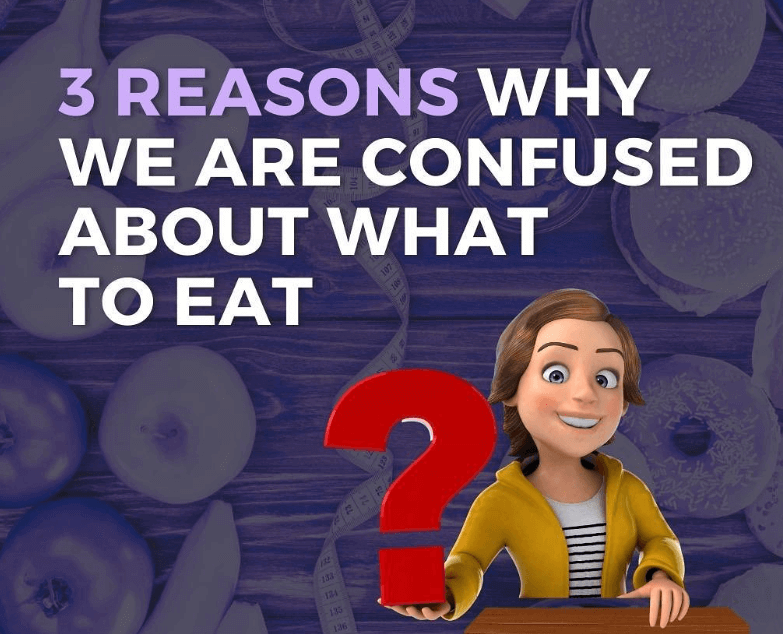
REASON NO. 1 – EVERYBODY EATS Everyone must eat as a matter of SURVIVAL People tend to believe they are “EXPERTS” in what is effective, especially if their eating habits have been successful. Many believe they have automatic authority or knowledge in this field. Hence the advice, proclamations, and claims made from there proceed. Many…
-
How to use Stoicism to Help with your Health and Fitness
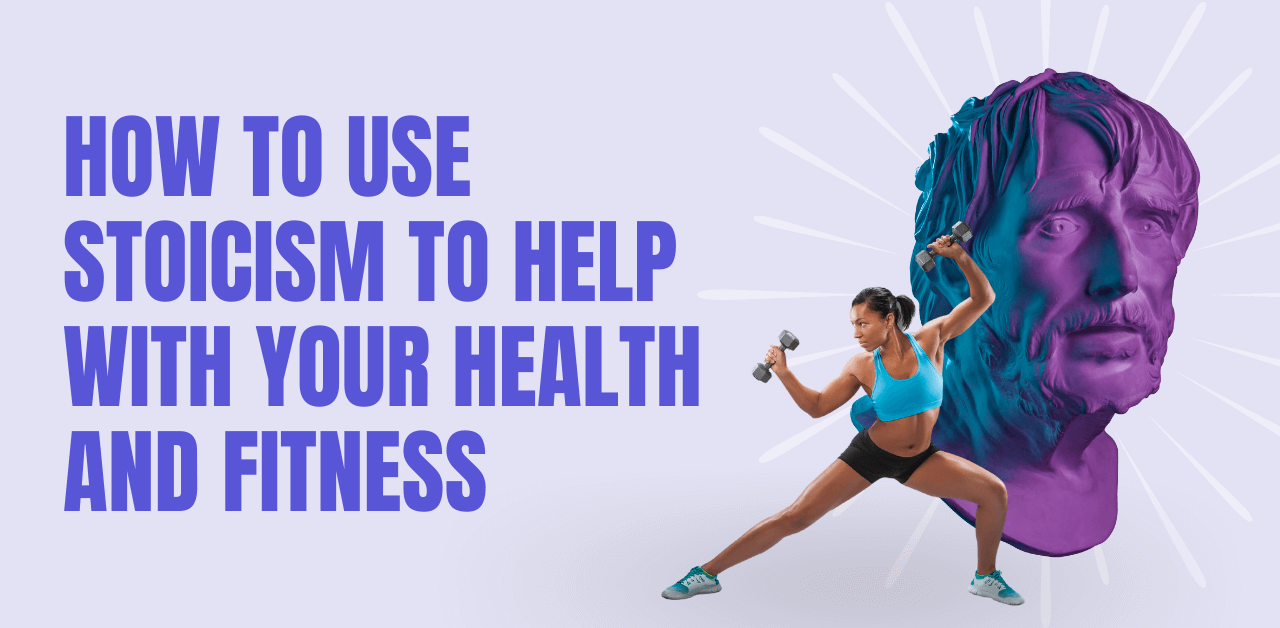
Stoicism is an ancient philosophical framework for living well. Its principal focus is to live virtuously, maximise happiness and reduce negative emotions. It teaches us how to deal with adversity, handle prosperity, and stay balanced through the inevitable ups and downs of everyday life. Stoicism is about understanding control. About knowing what we can control…